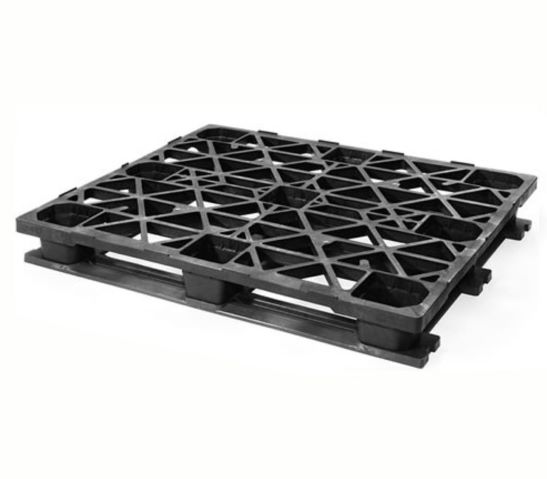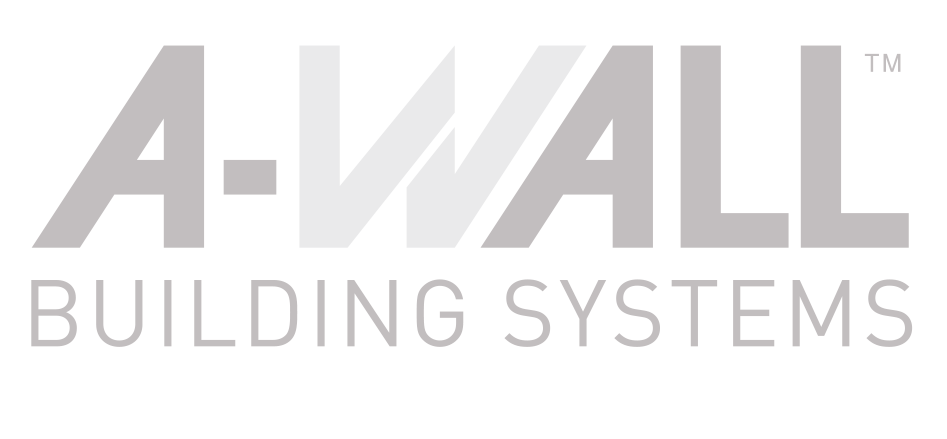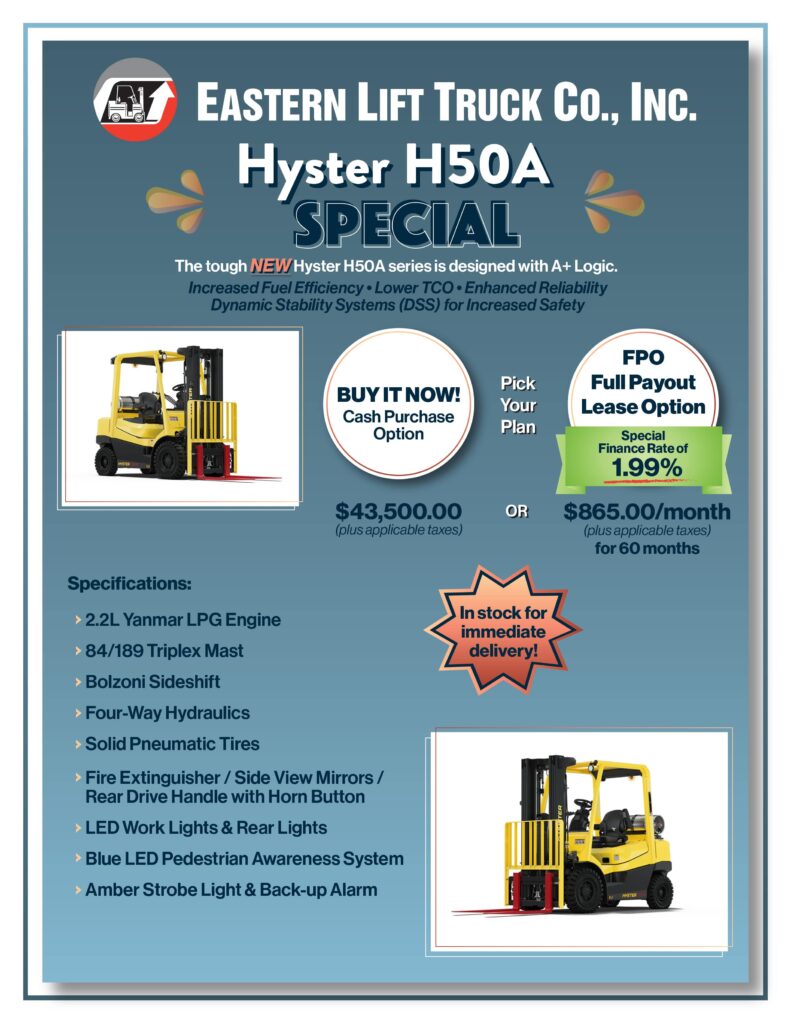
The Appeal of Plastic Pallets.
Not all pallets are made of wood. Some are made from aluminum or cardboard, but more and more are made from plastic. According to a September 2021 article in Plastics Today, there are nearly two billion pallets circulating in the United States and while most of them are made of wood, the last decade or so has seen a dramatic shift in interest from wood to plastic, as companies desire more sanitary options and recognize the value of long-lasting, low-maintenance plastic pallets.
What Does The Future Hold For Pallets?
Various reports indicate the global pallet market will reach 115+ USD Billion by 2026, with much of the growth attributed to the continued expansion of the food and beverage industry. As the industry continues to grow, plastic pallets, or RPCs (returnable plastic containers) are gaining popularity.
Even before the global pandemic, there was a call for better sanitary standards in the pallet industry. While some wood pallet manufacturers have implemented new drying processes to remove more moisture and kill more pests, mold, and pathogens, plastics pallets address this concern better.
Plastic pallets conform to exacting standards, with a consistent, evenly distributed weight of less than 50 pounds per pallet. By comparison typical wooden GMA pallets may weight anywhere from 70 to 80 pounds. Also, plastic pallets do not swell or shrink, and do not have issues with loose, broken, or warped boards. The downside? Plastic pallets often cost twice as much as their wooden counterparts.
As more companies address their carbon footprint and work on sustainability initiatives, finding the right pallet type that balances environmental and financial issues is still a challenge. Some companies have turned to rent/return plans, while others are trying new carbon-neutral pallet programs from CHEP. Swedish retail giant, IKEA, which uses 10 million pallets to make shipments to its stores worldwide, has switched from wood to corrugated cardboard pallets.
The use of passive and active RFID tags in both wooden and plastic pallets has been in use for some years and will likely continue to gain adoption as pallet manufactures and end users. RIFD help improve visibility and overall management of pallet inventories, reduces damages and loss.
Drop us a line and let us know how you are dealing with your pallet issues.



























